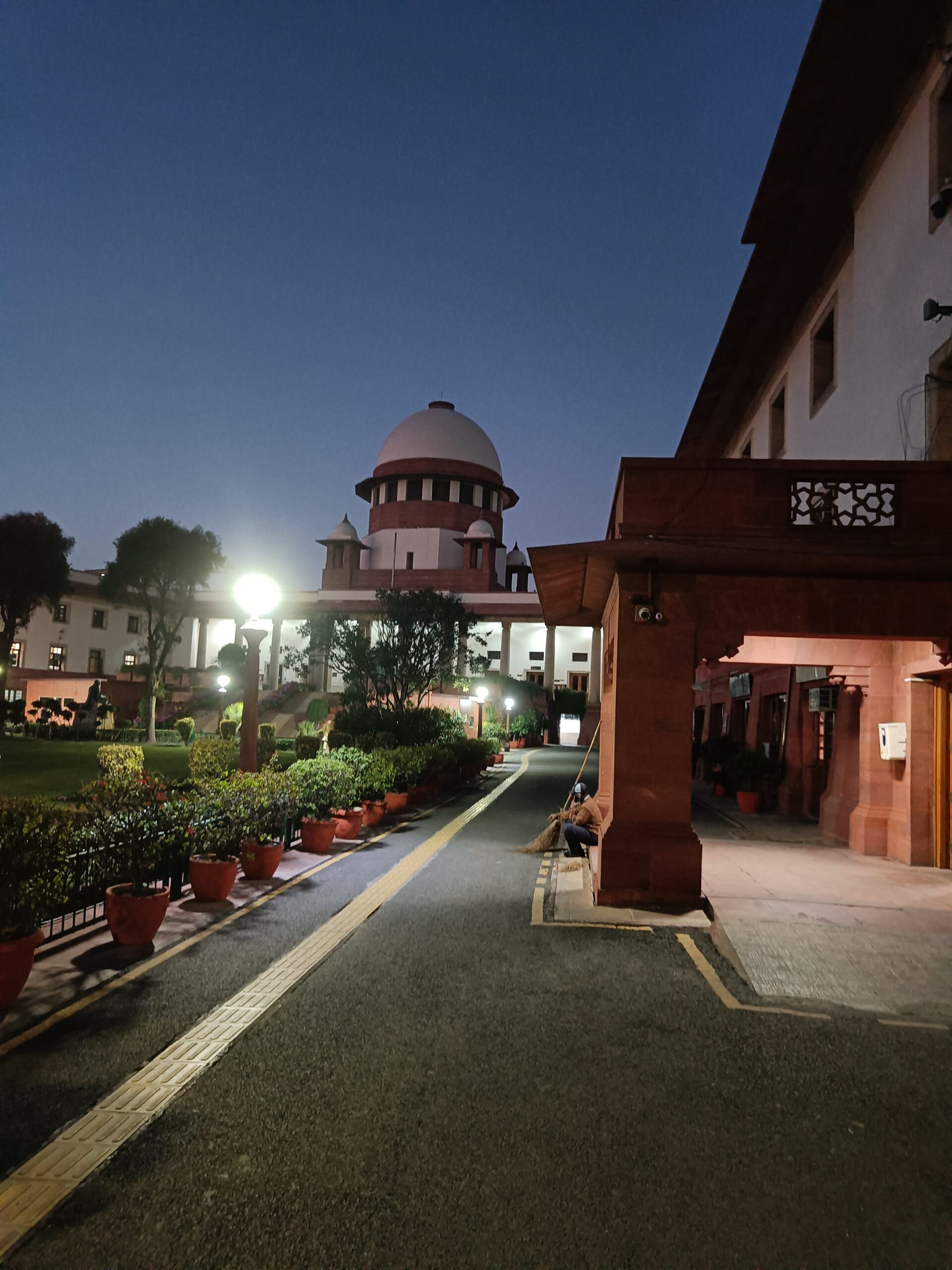The Supreme Court held that lawyers cannot be sued for deficiency of services under the Consumer Protection Act.
The short question of law was,”Whether a plaint against a lawyer for deficiency of services is maintainable under the Consumer Protection Act?”.
The NCDRC had held that a plaint was maintainable against a lawyer for deficiency of services.
The Supreme Court distinguished the profession from business and emphasized that practising a profession involves expertise and competency.It requires special knowledge and training.The lawyer does not control the outcome.All the parameters are not within the control of the lawyer.
According to Rupert M. Jackson and John L. Powell,
“The Occupations which are regarded as Professions have four characteristics, viz.,
(i) the nature of the work which is skilled and specialized and asubstantial part is mental rather than manual;
(ii) commitment to moral principles which go beyond the general duty ofhonesty and a wider duty to community which may transcend the dutyto a particular client or patient;
(iii)professional association which regulates admission and seeks to uphold the standards of the profession through professional codes on matters of conduct and ethics; and
(iv) high status in the community.”
We are therefore of the considered opinion that the very purposeand object of the CP Act 1986 as re-enacted in 2019 was to provideprotection to the consumers from the unfair trade practices andunethical business practices only. There is nothing on record to suggest
that the Legislature ever intended to include the Professions or the Professionals within the purview of the Act.
The Supreme Court stated that the legal profession cannot be equated with any other traditional professions.It is a noble profession.The role of advocates is indispensable in the Justice Delivery System.
Bar Council of India Vs DK Gandhi decided by the Supreme Court on May 14, 2024.

